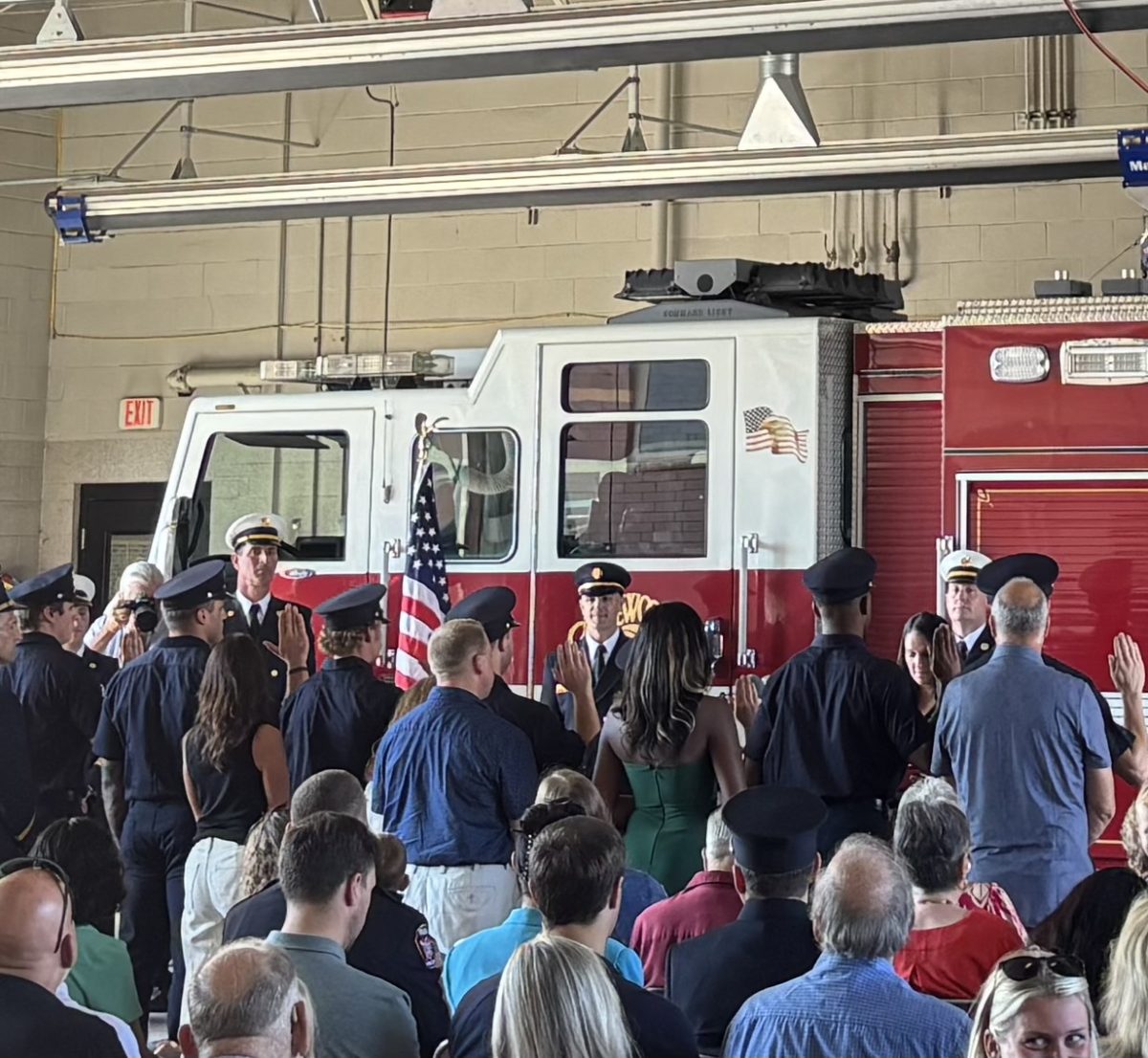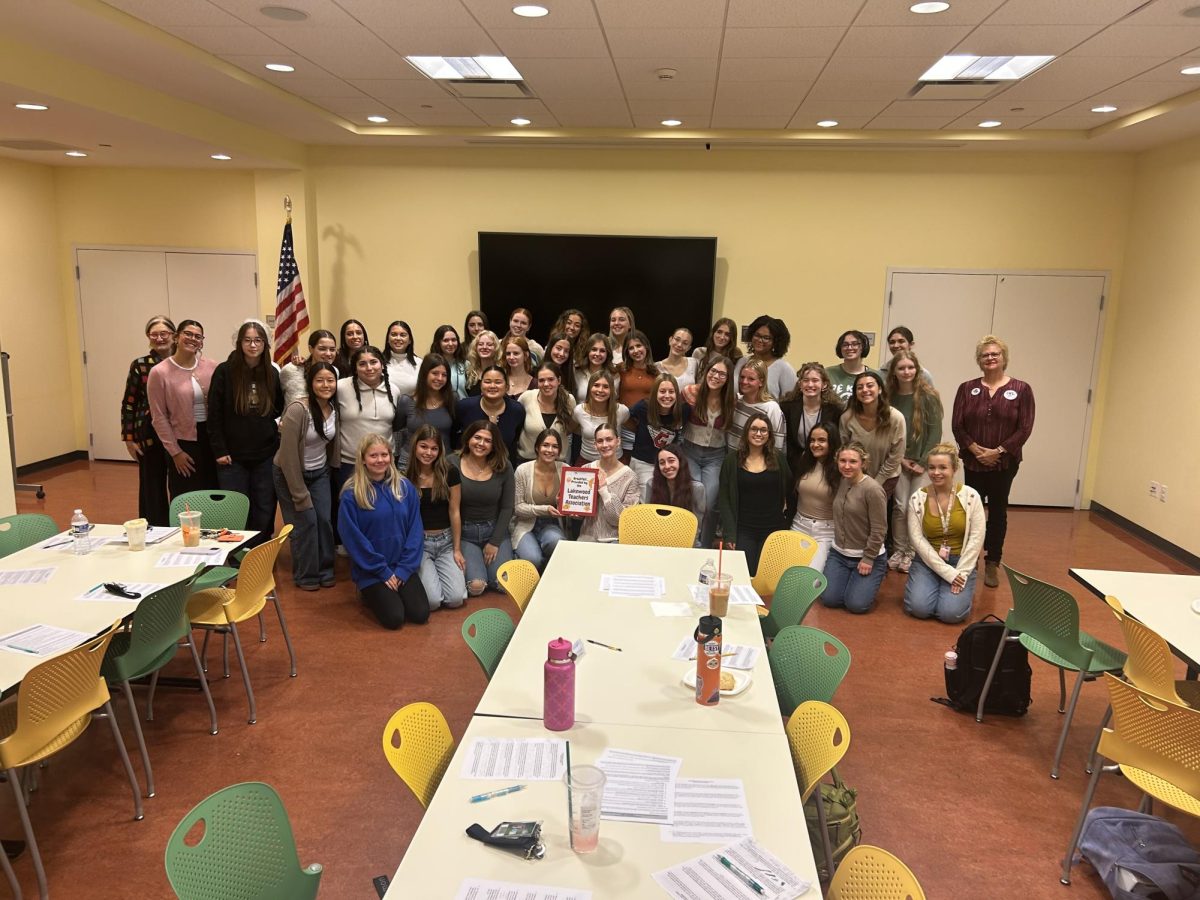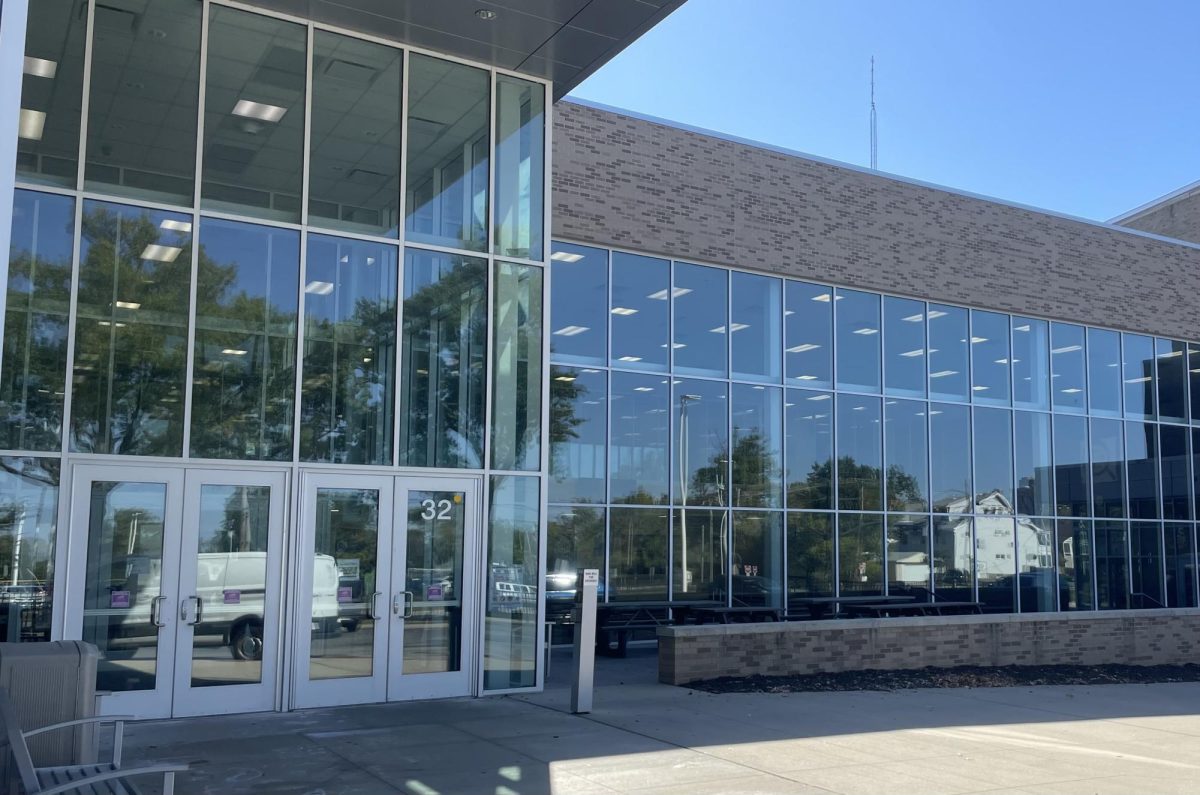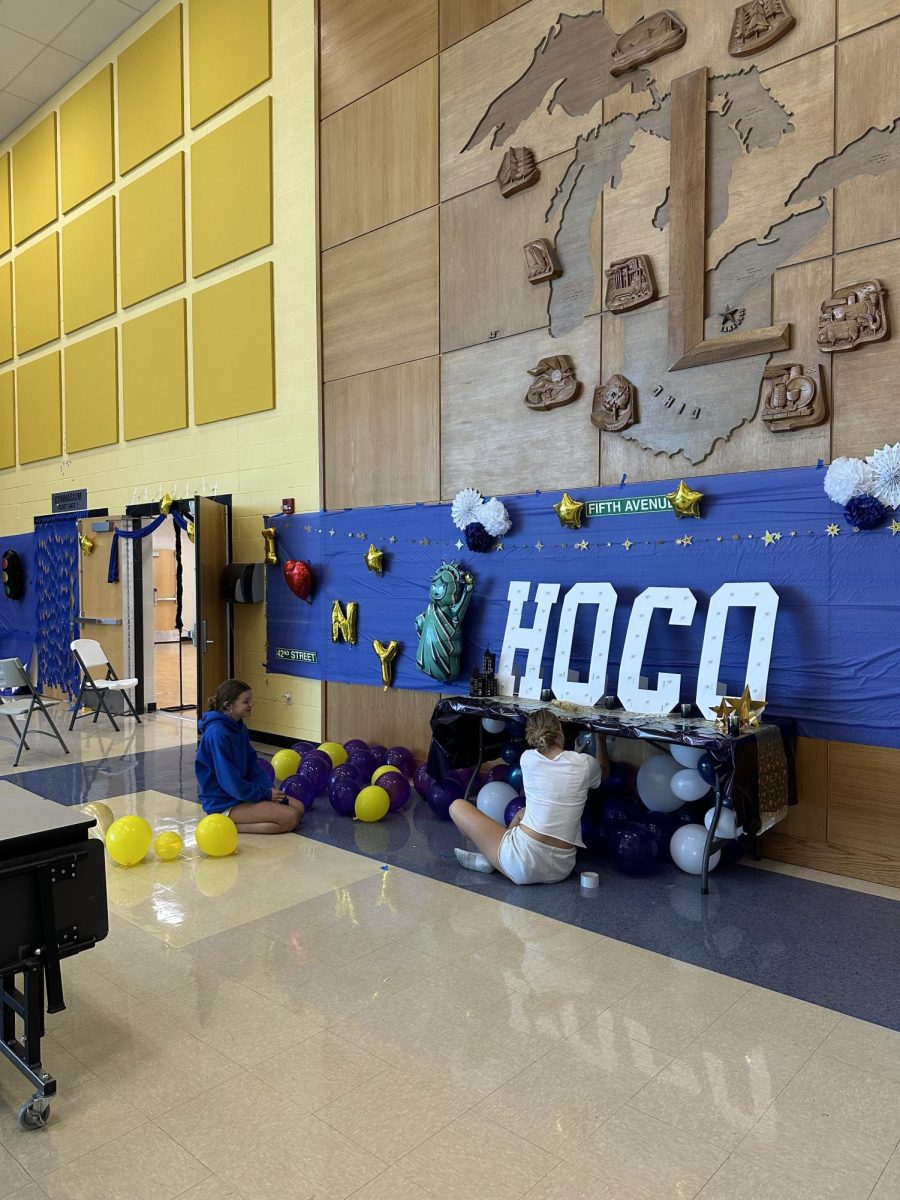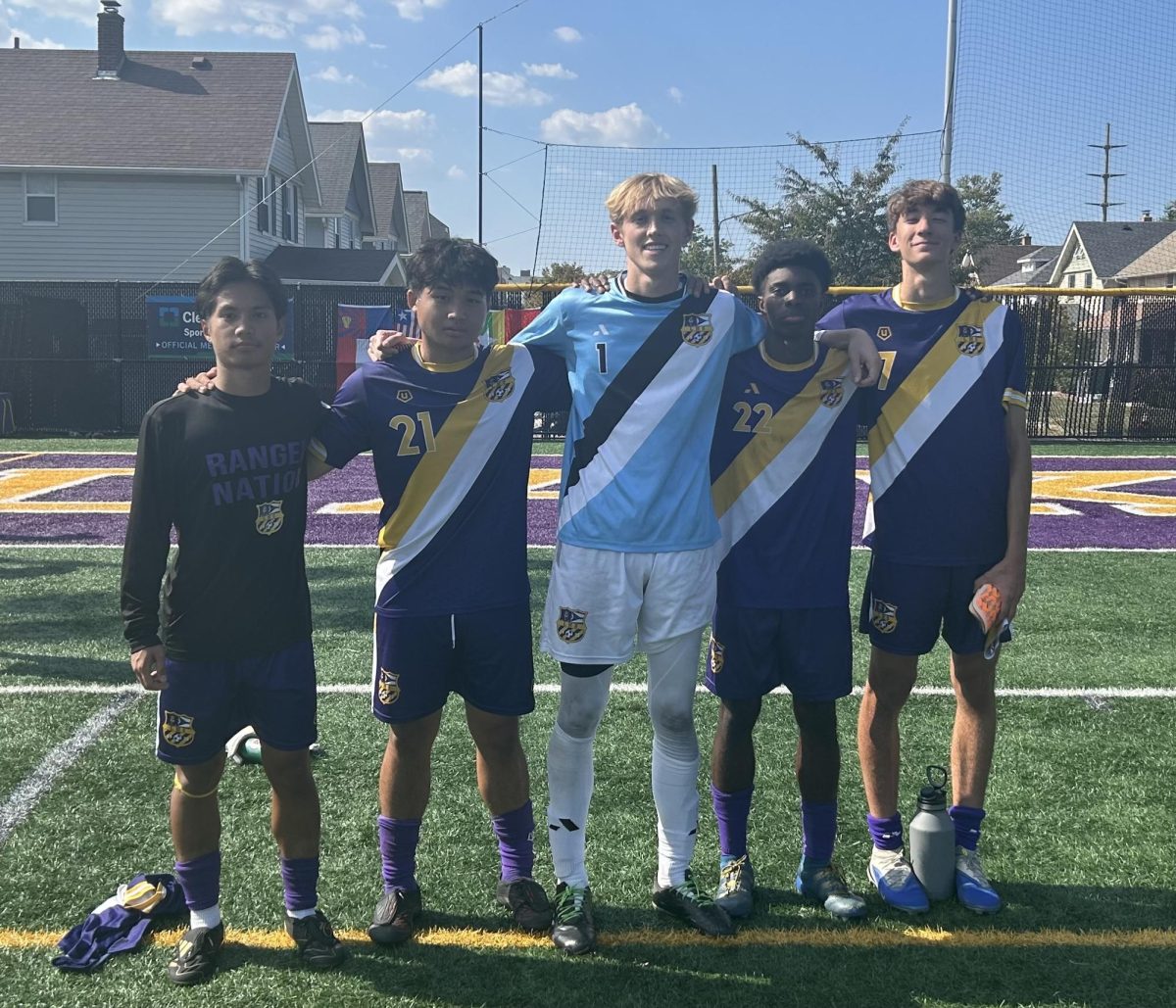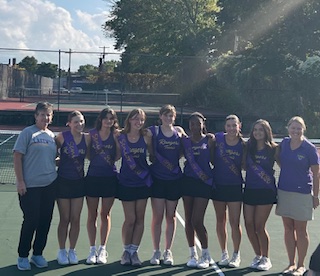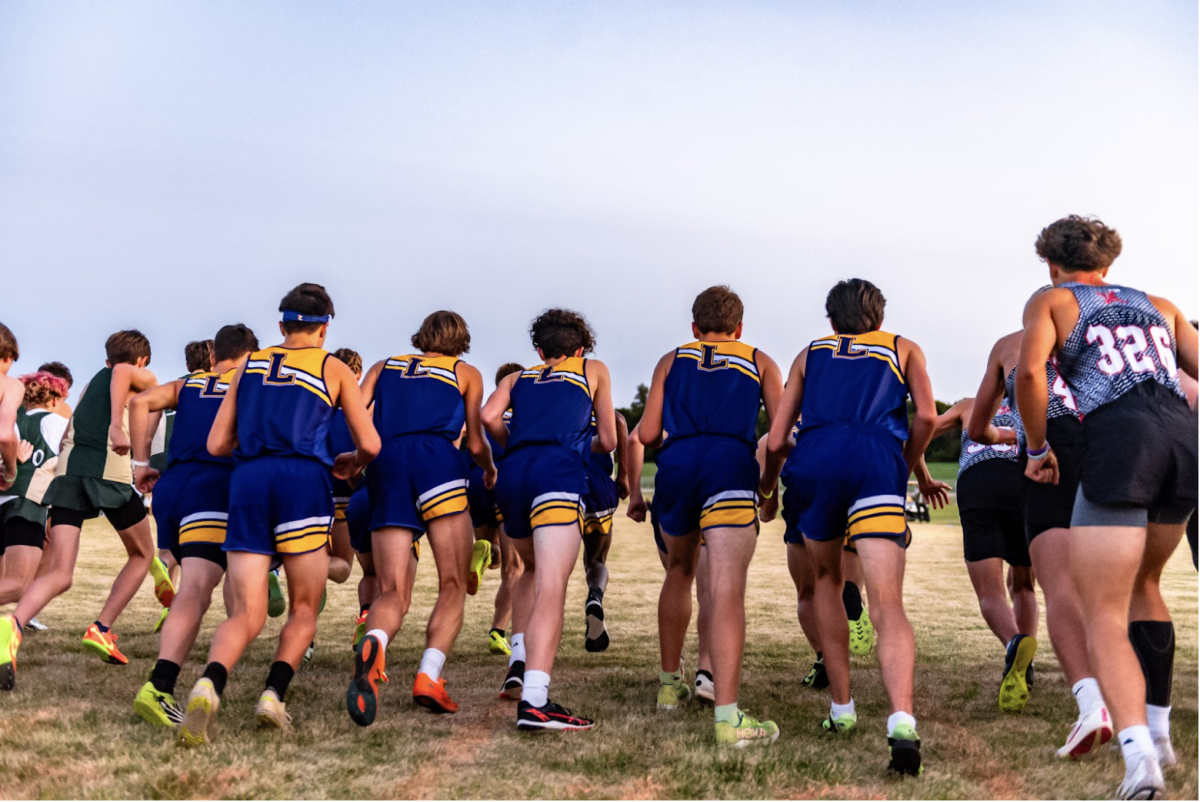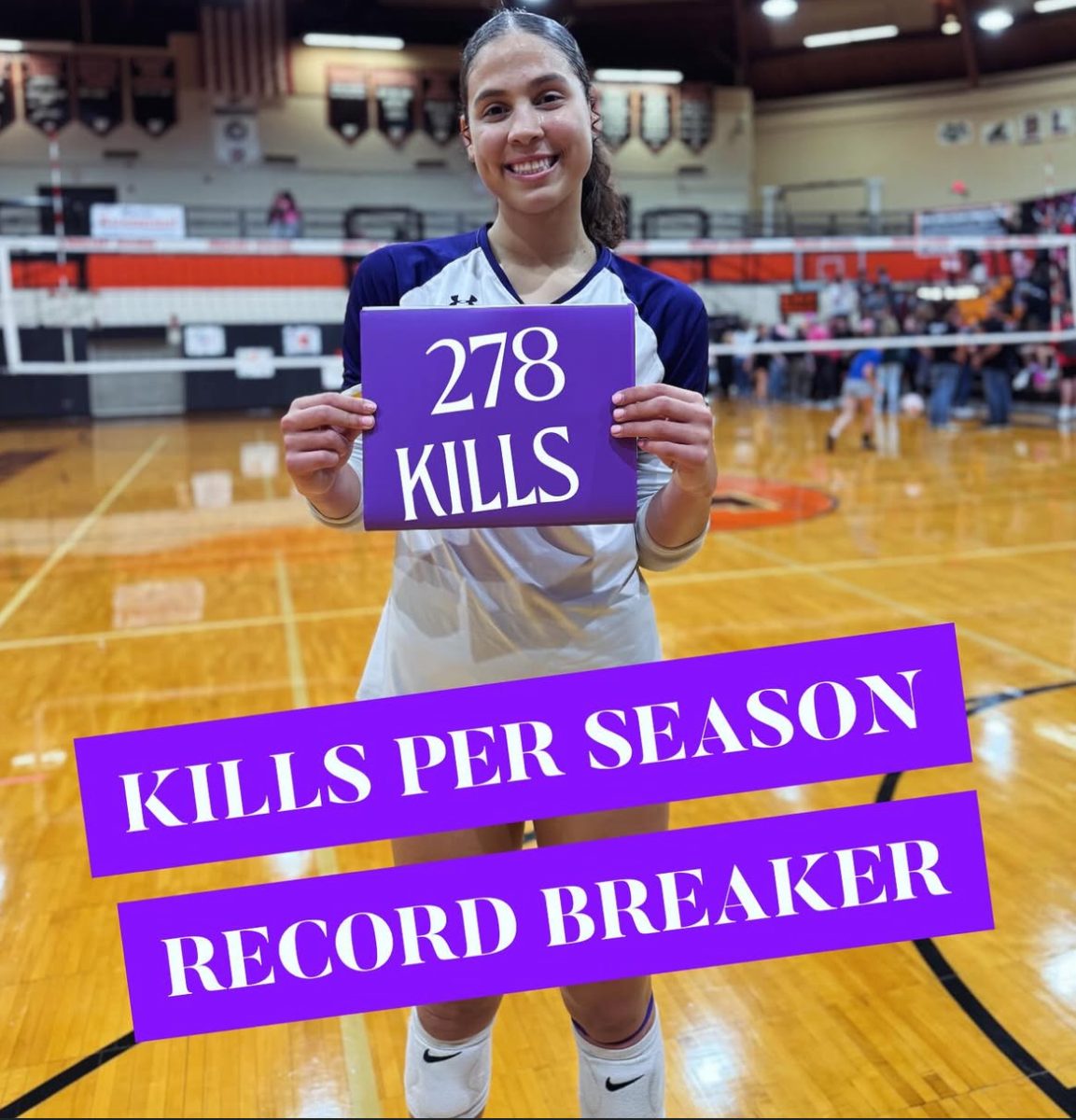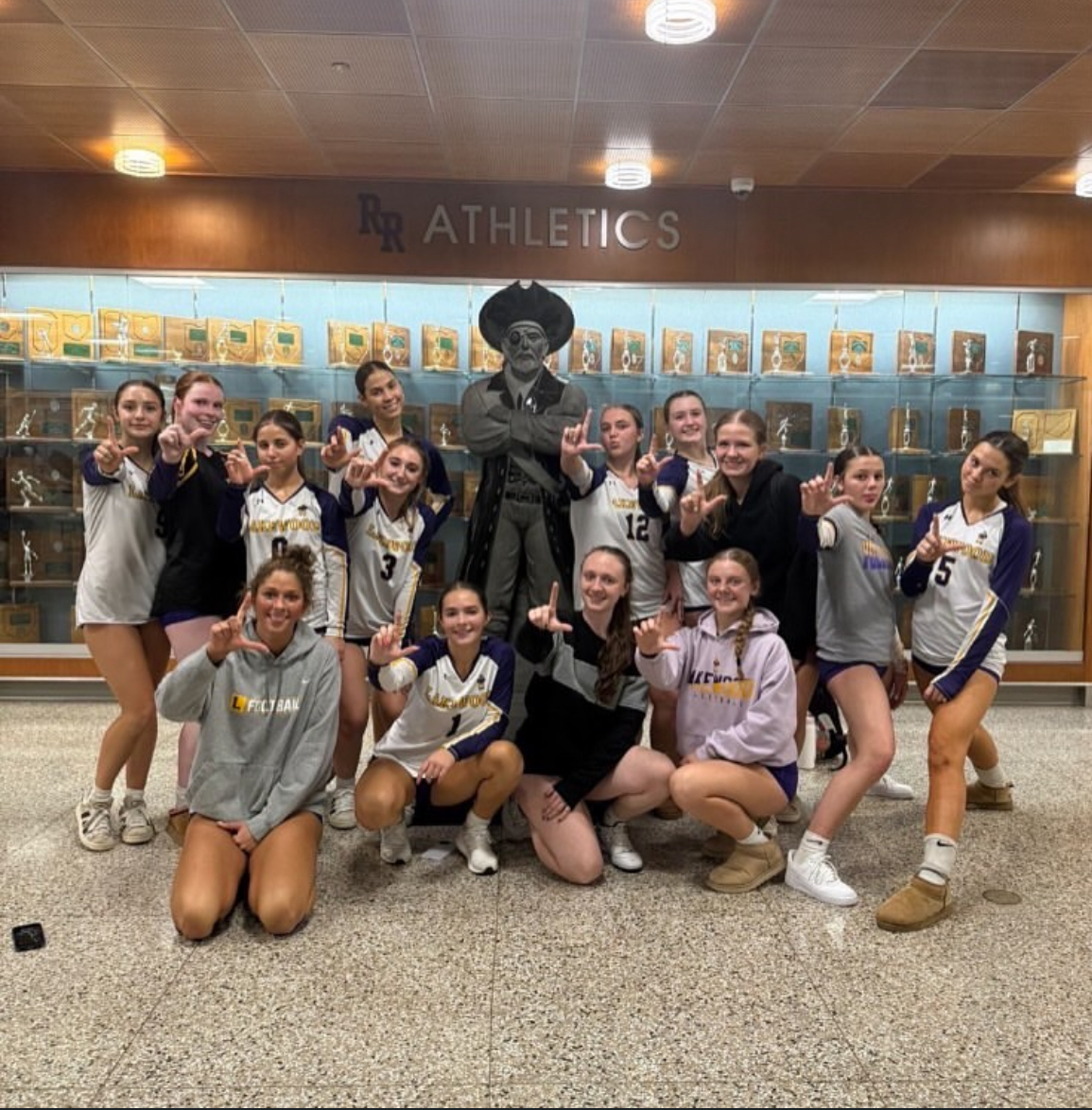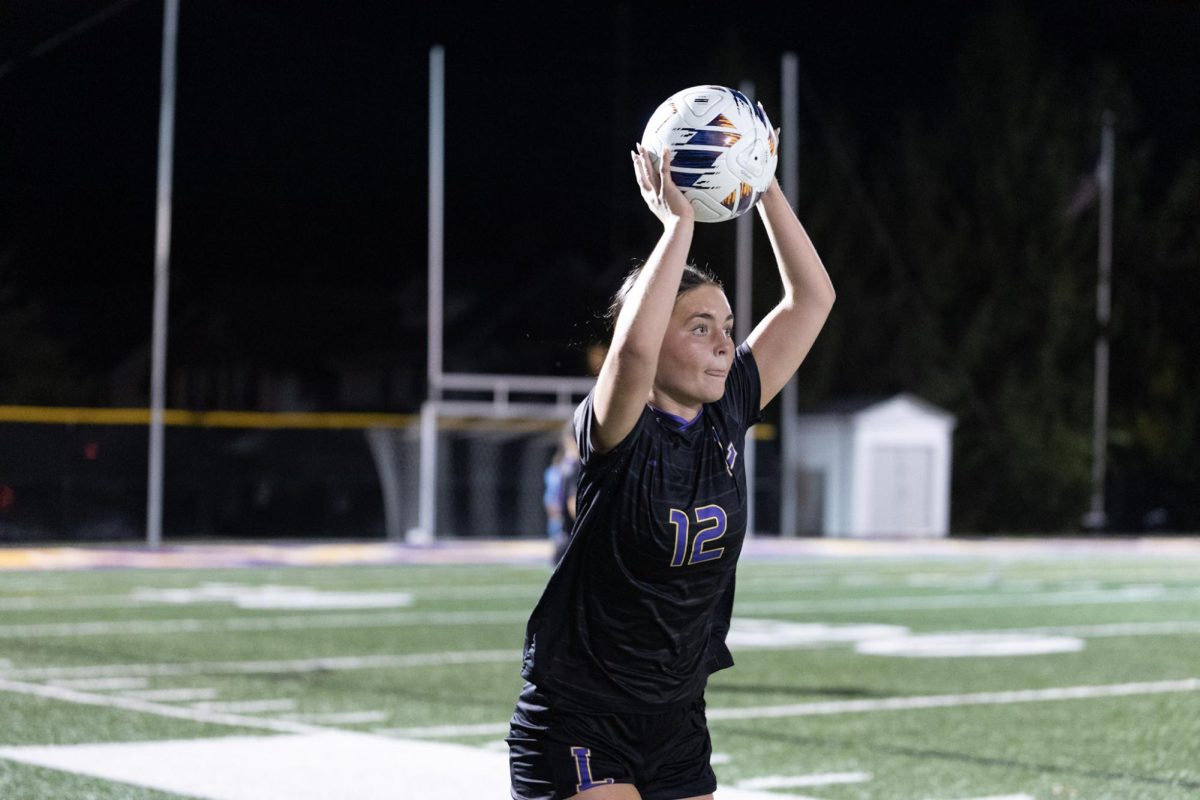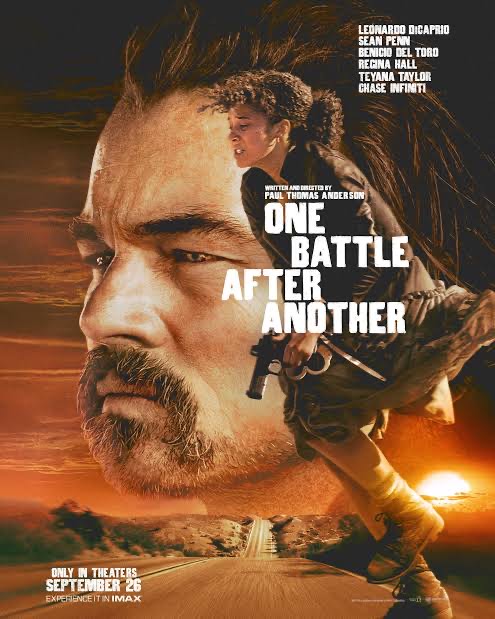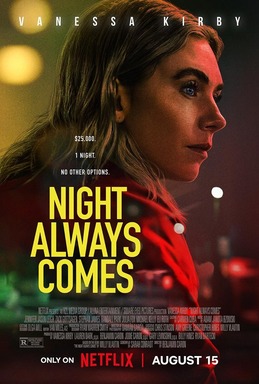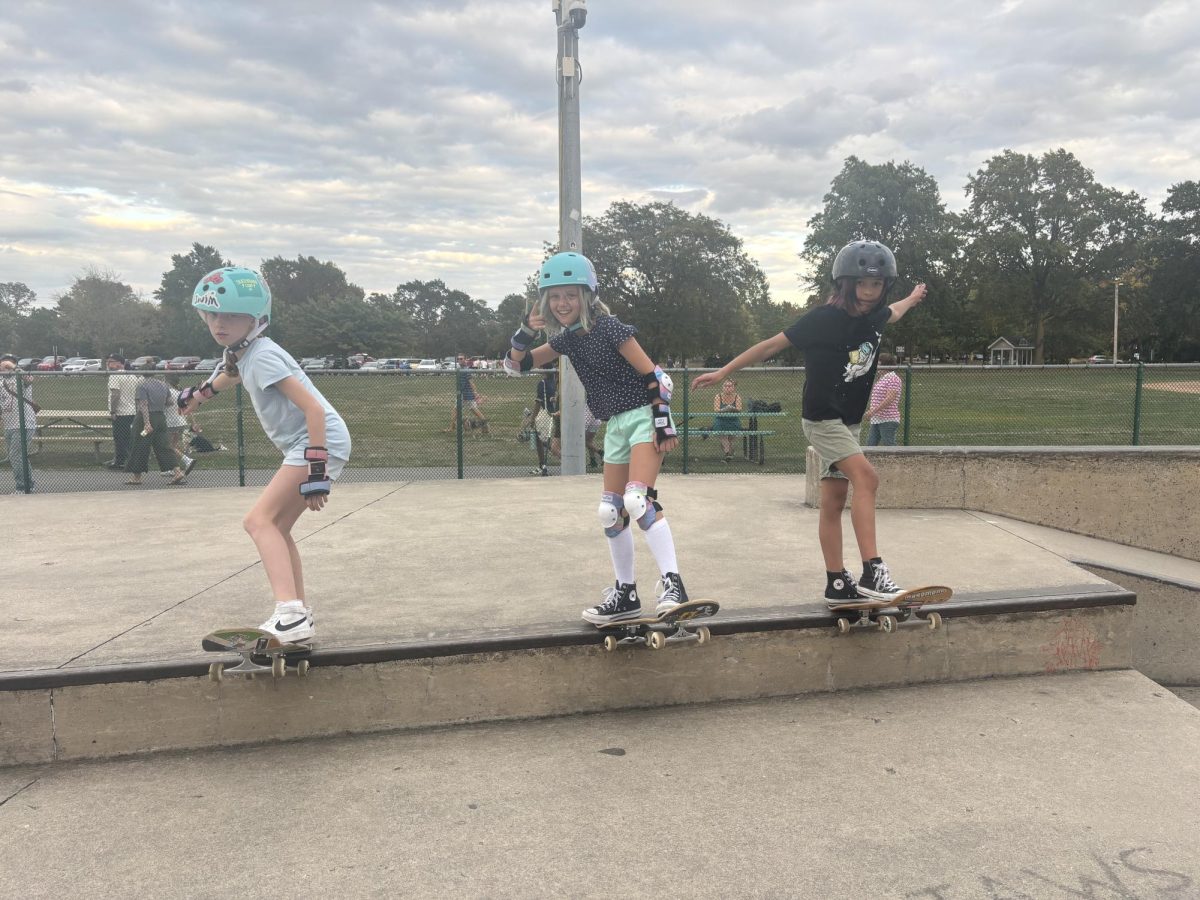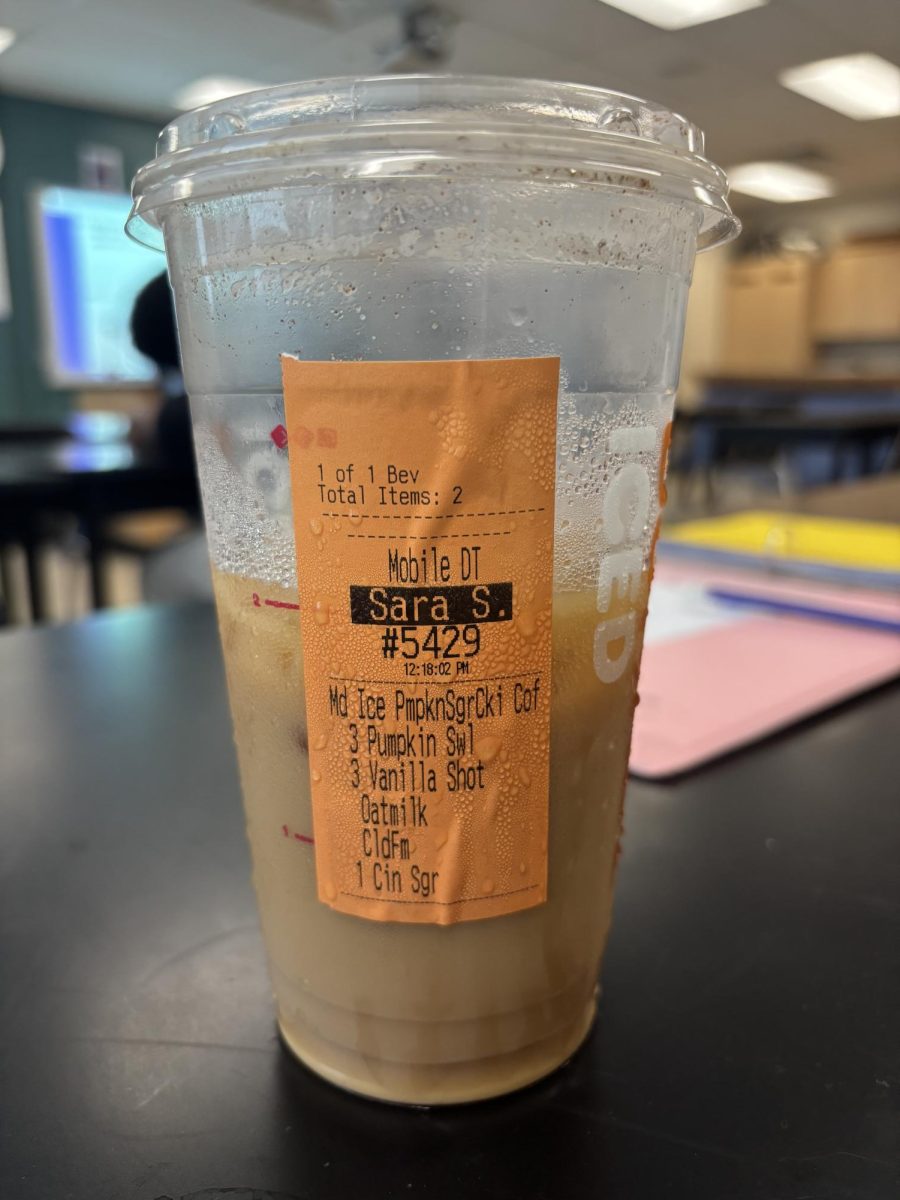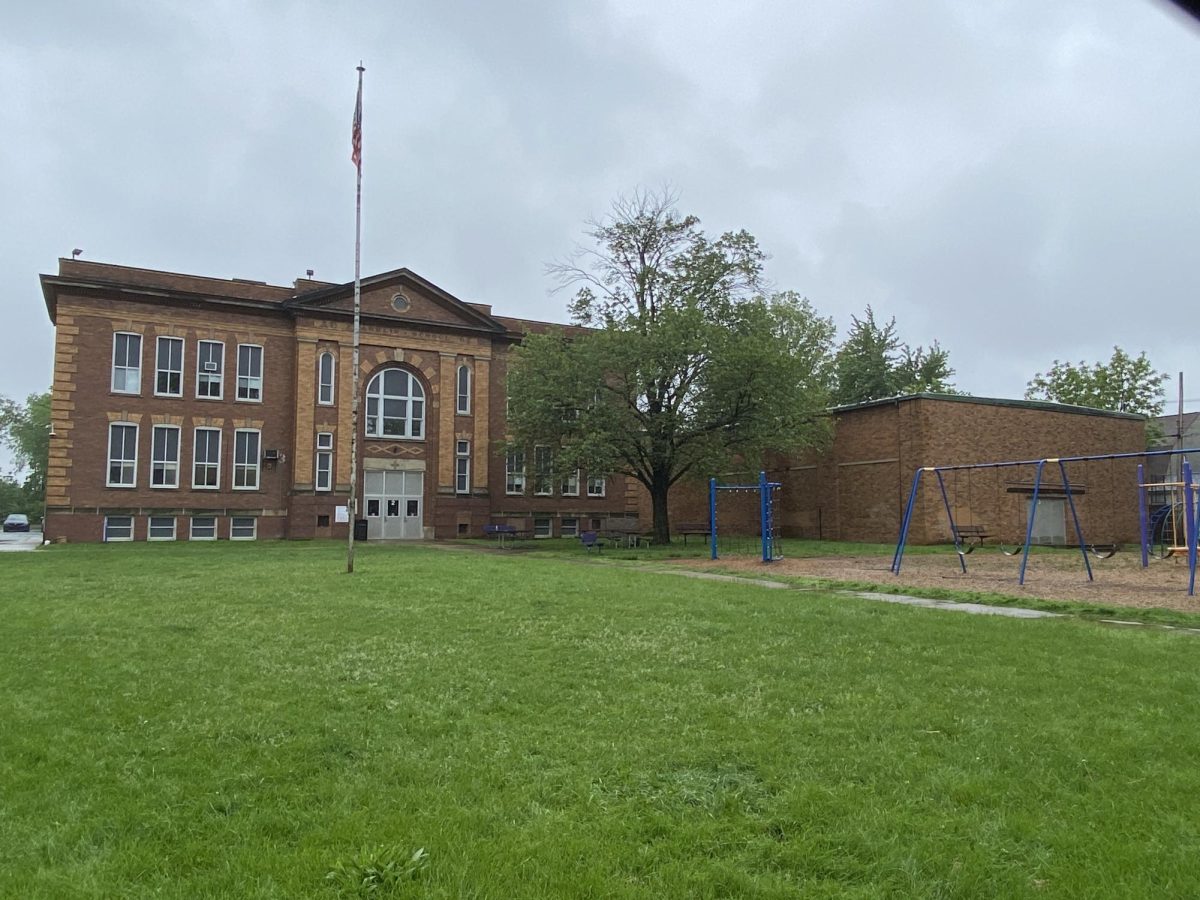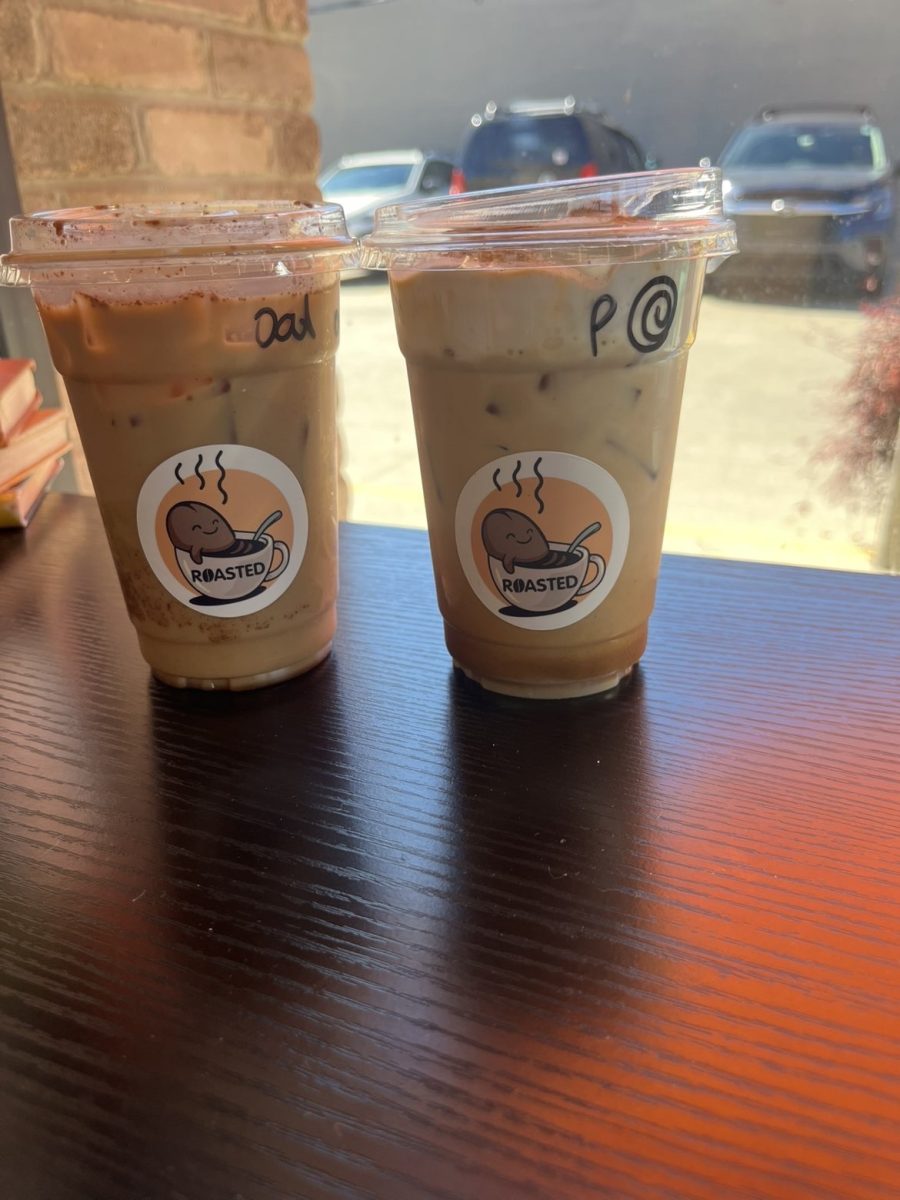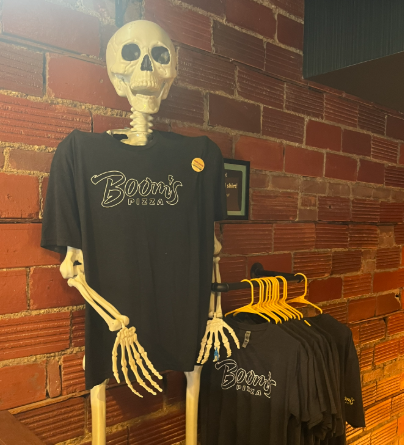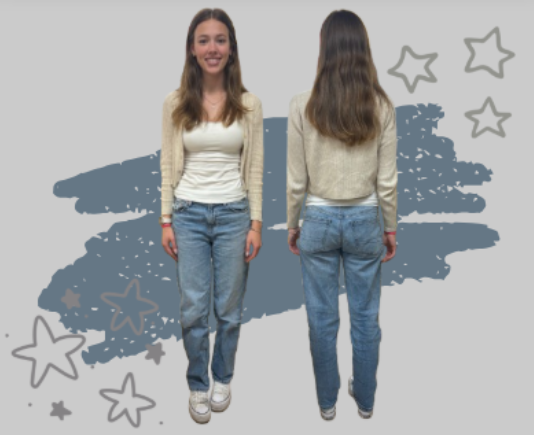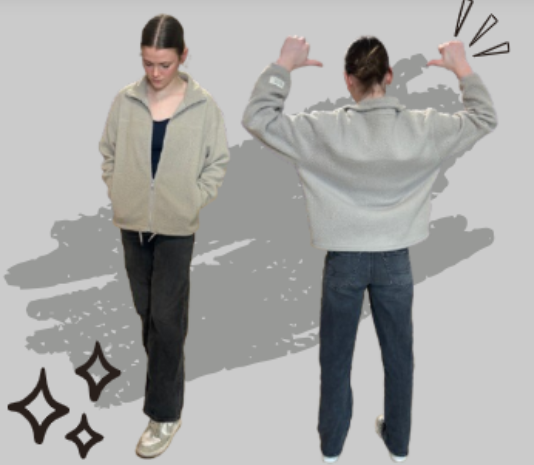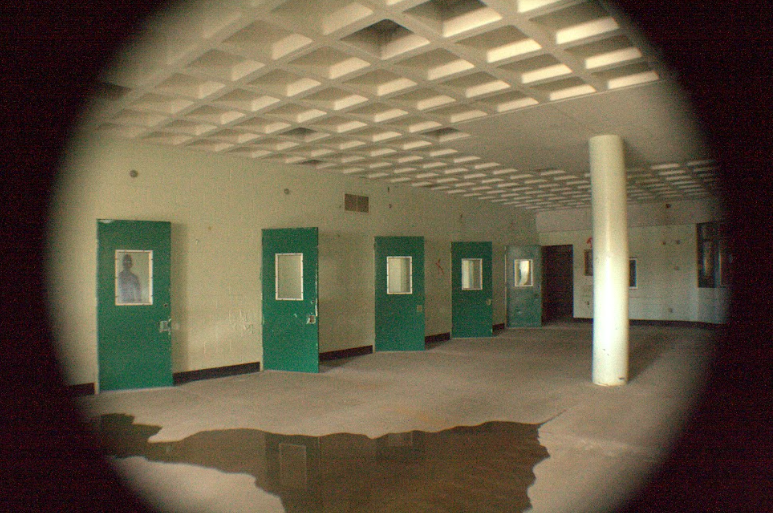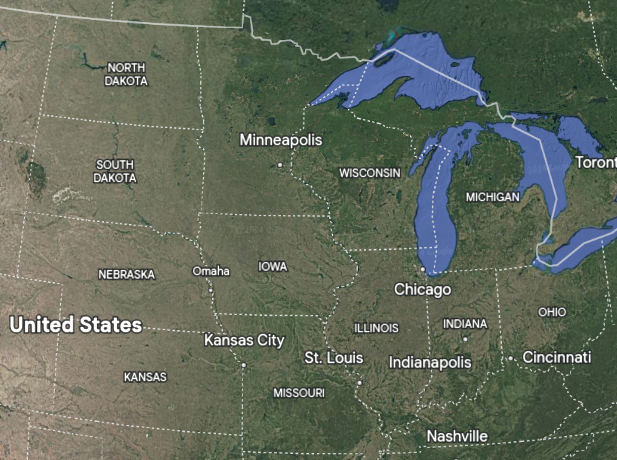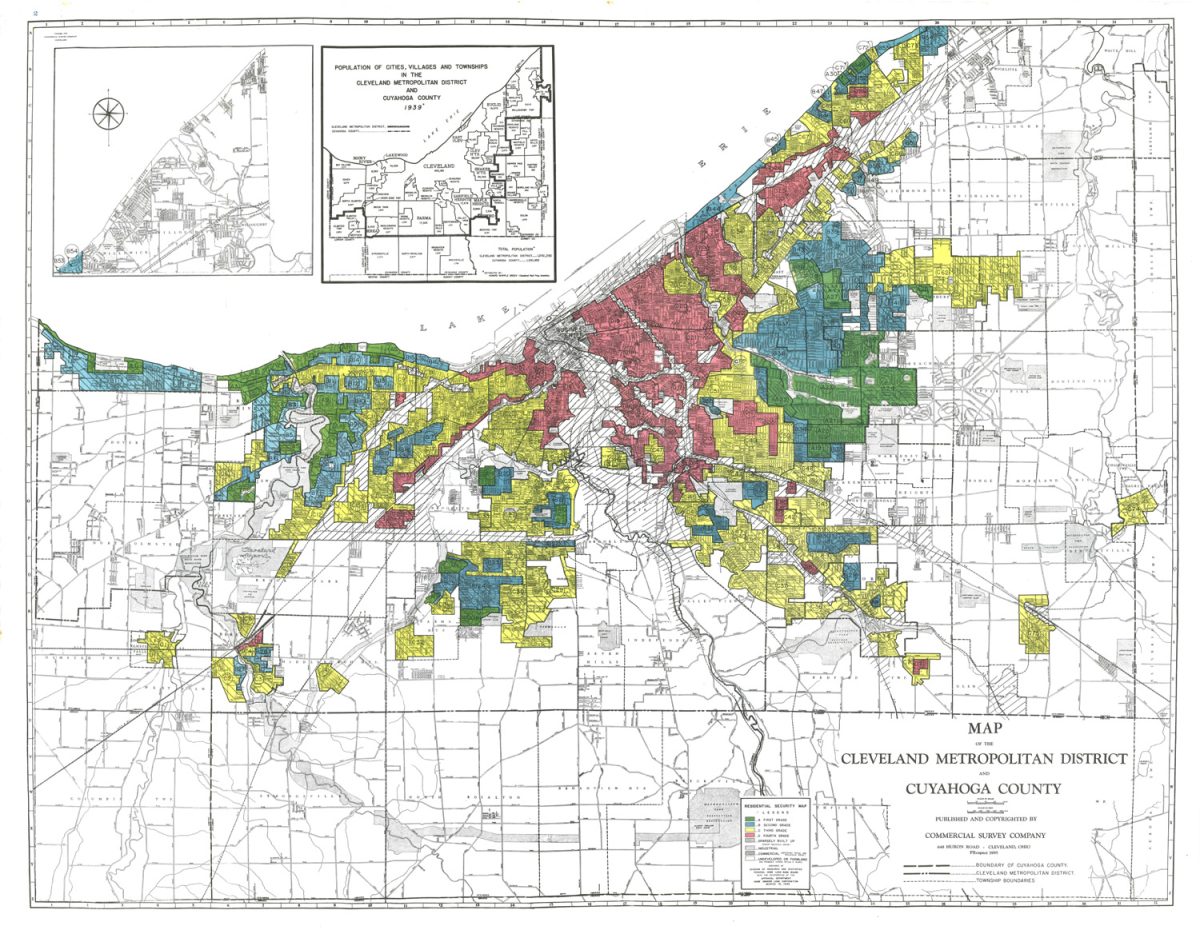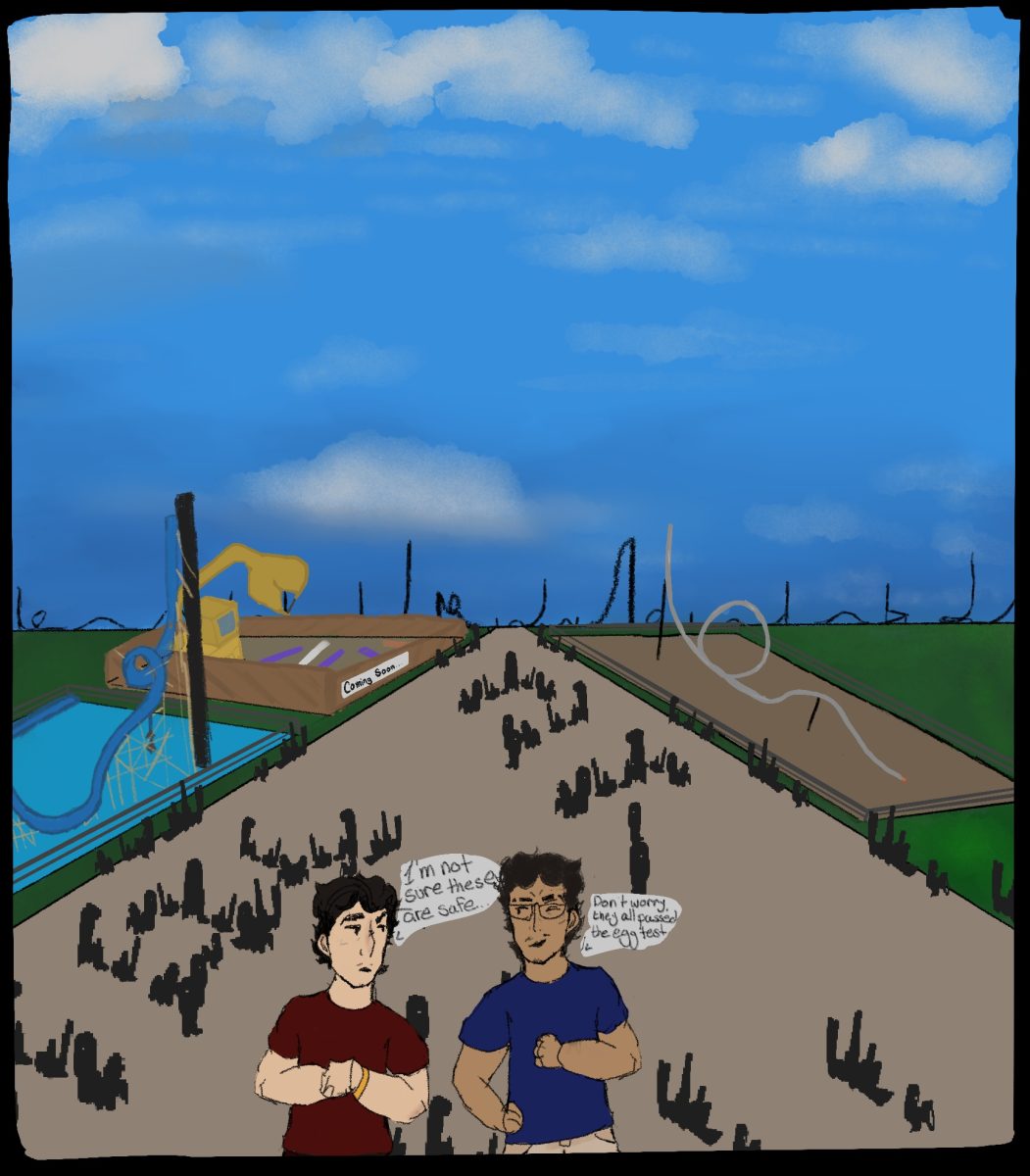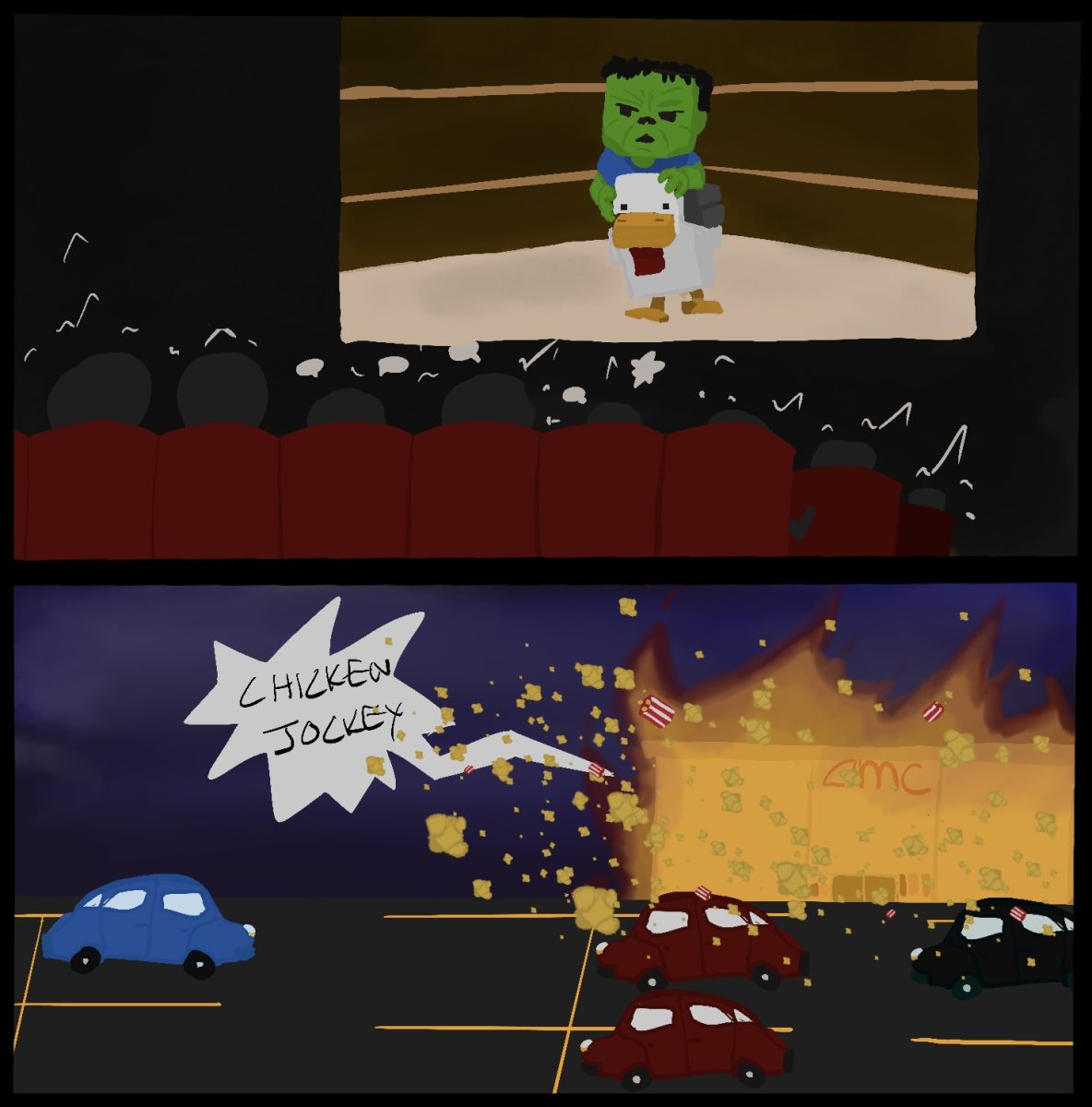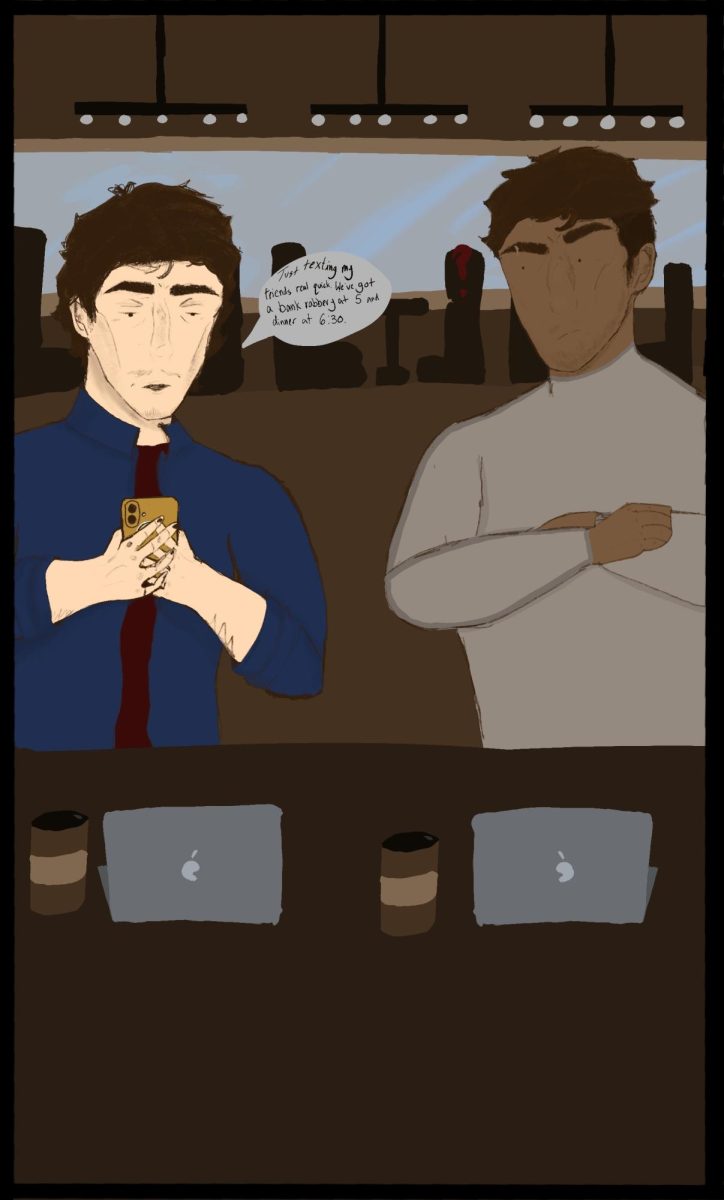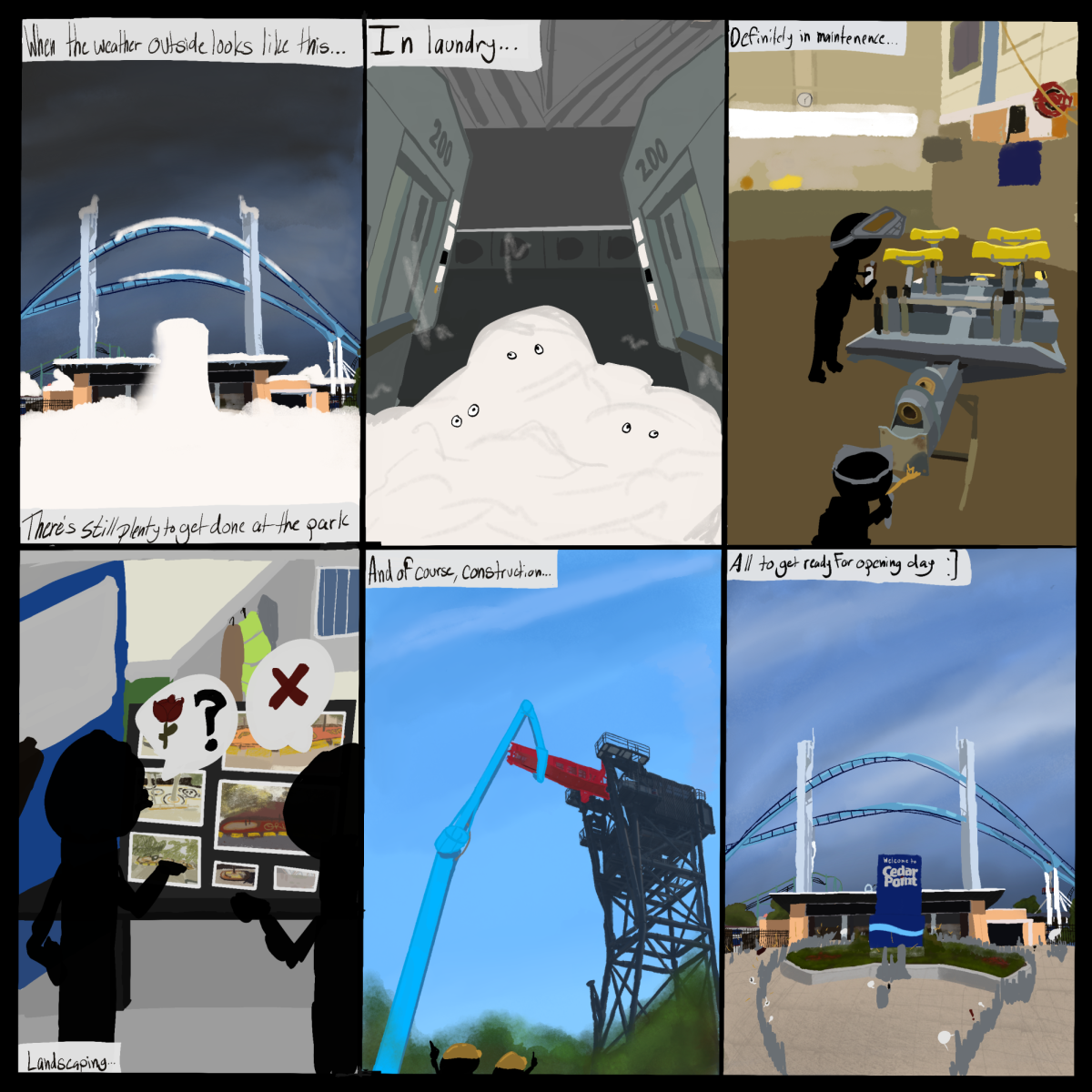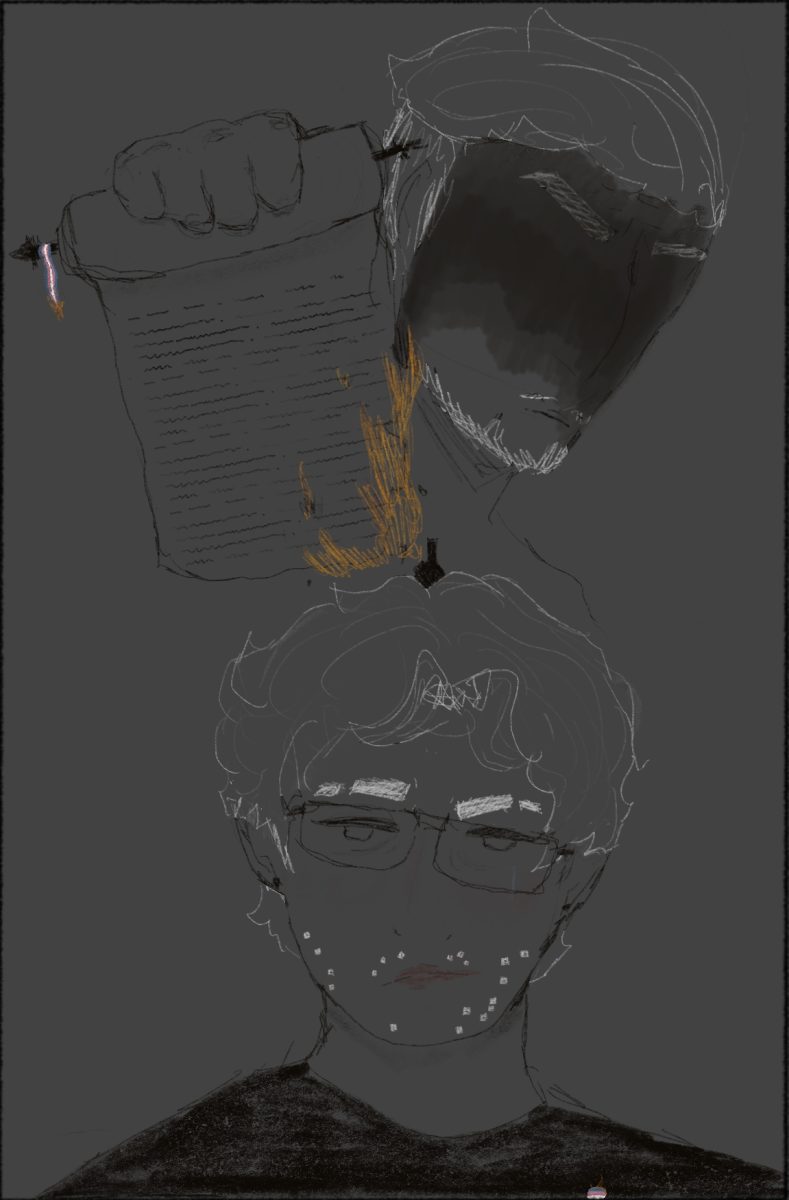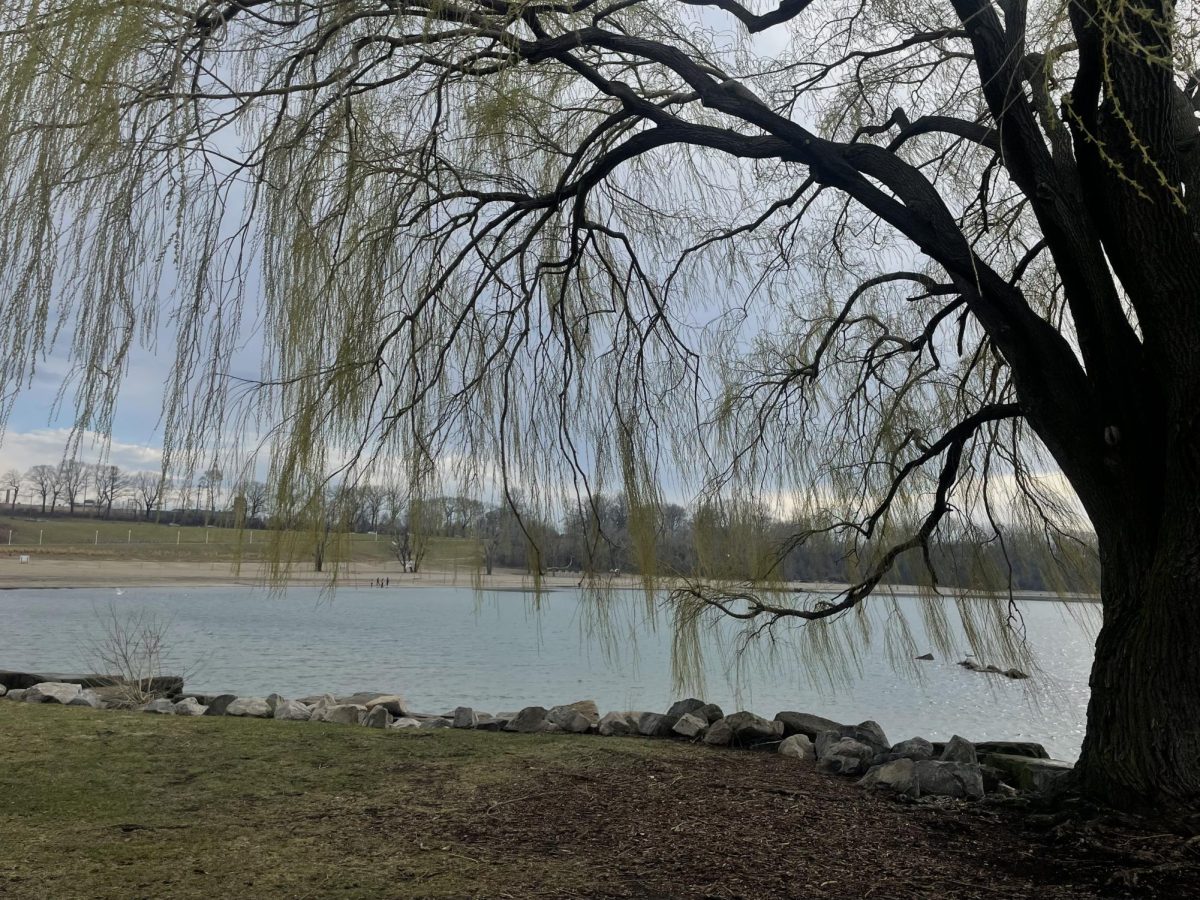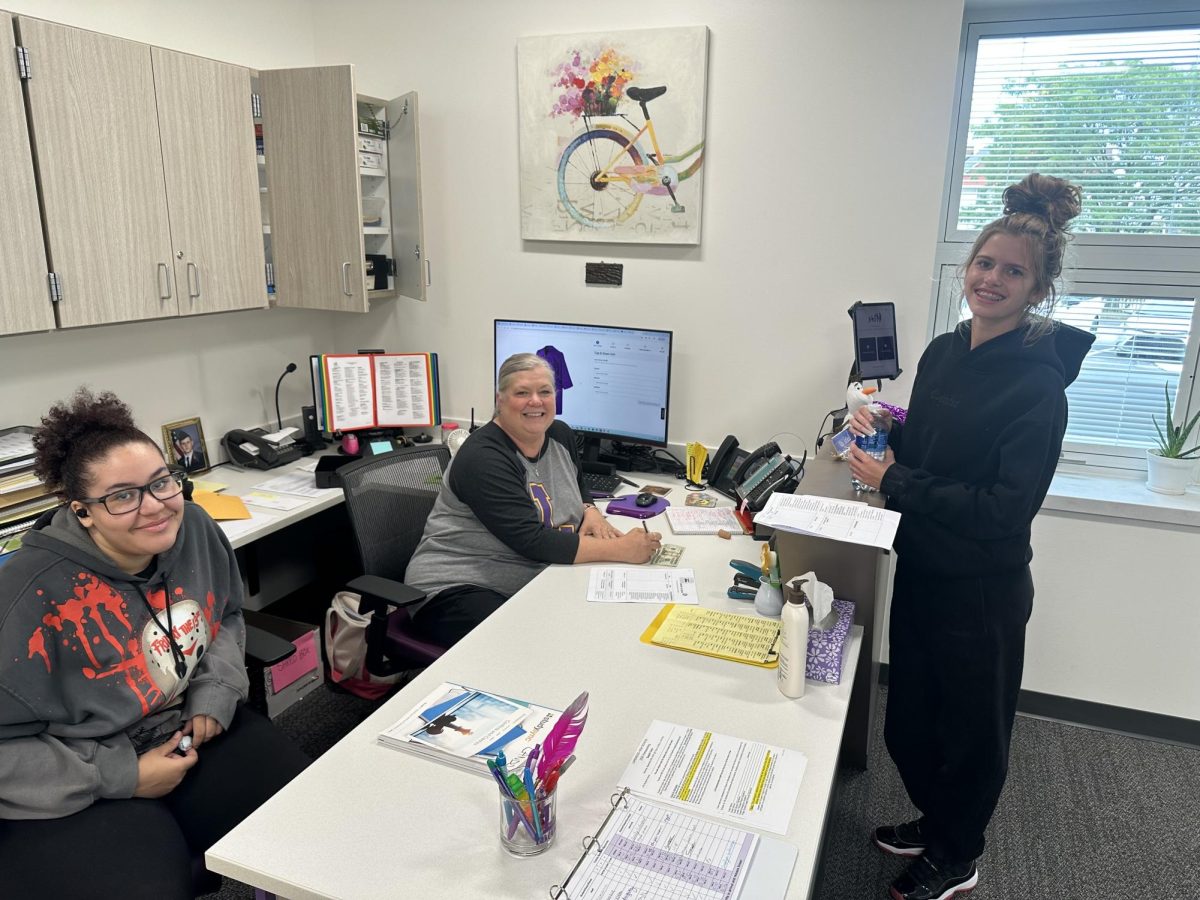“Sometimes we find more than 100 pieces of microplastics in a single fish.”
This alarming statement, featured in Cafeteria Culture’s documentary Microplastic Madness, reveals the harsh reality of plastic pollution. This film opens eyes through its creative and educational approach of following the story of fifth graders in Red Hook, Brooklyn, and their journey of learning and implementing sustainability in their community.
“[The film] lays out very nicely, not only that plastics are a concern, but also how students can engage in doing something about it,” Christine Palumbo, Assistant Superintendent at Lakewood City Schools, said. She has seen the film and finds it very inspiring among children and adults.
From March 1 to April 30, the film is being offered free to teachers and school administrators, giving freedom to teachers to show even just parts of the film to young audiences. Environmental education is essential for the future of our ecosystem, and films such as these may inspire people to make a change in their lives.
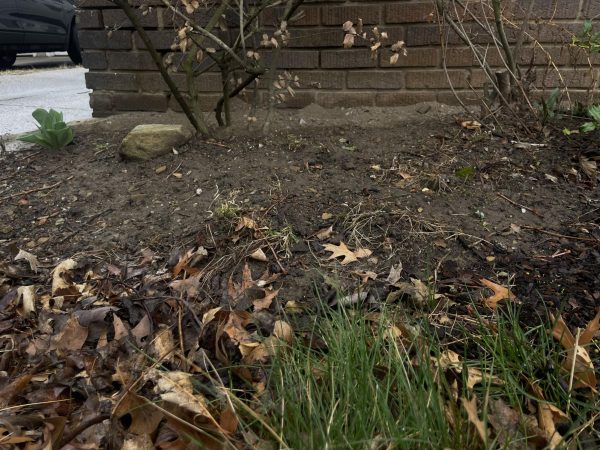
“I think it’s a really great opportunity for the kids to learn more about nature and the lakes,” local mother Taylor Harman said.” When my daughter learns about nature at school, she comes home and asks me to plant trees and flowers all over the lawn.”
One of Lakewood’s charming aspects is its care for sustainability. From green teams to compost buckets, an effort is always being made to improve our habitat.
“Our current students are inheriting the world from us, and we hope to instill in them before they leave us the importance of looking out for the world,” Palumbo said. “We really believe that when students leave us, they need to be aware that they can have an impact on the world around them, whether it’s very small locally or across the world.”
The message of eco-friendliness doesn’t only reach young students. Some high school students have heard of the film either through siblings or classes, and they have begun researching. Student Margot King at Lakewood High School has learned of the microplastics documentary and was inspired.
“My little brother told me about it, and now we’re working together to get our family to take composting and recycling seriously,” King said.
The film documents the fifth-grade students’ journey as they explore the impact of plastic waste on the environment, showing the influential spirit of the children as they work to make their community a cleaner place. Microplastics are tiny, microscopic particles of plastic that pollute oceans, lakes, wildlife, and the food chain. They are very dangerous, especially over time, which makes it even more important for children to learn about the dangers of microplastics so that they may develop as a generation with the mindset and goals of healing the environment.
Christine Palumbo finds watching content about the issue much more beneficial than just being assigned to read about microplastics or other issues.
“I think that for a lot of students, just reading about something doesn’t really help it permeate or sink in,” Palumbo said. “So I think sometimes it helps to see something and hear something and recognize that other people are grappling with this issue, and then I can read a little bit about it. Then what I read about sticks a little better if I’ve had like, a visual exposure, and I’ve had auditory exposure. If I’ve been able to listen to people talk about it, then it just helps it embed a little bit more in the brain. And I think it makes those neural pathways connect more on the topic than if it was, ‘here’s a paper, read it, and now we’re done.”

By integrating sustainability into education, we are empowering future generations to be stewards of the environment. Lakewood has many examples of its sustainability journey. For instance, the Lakewood Green Team creates events and opportunities for community involvement and local composting initiatives, and thanks to grants made toward garden clubs, multiple hydroponic gardens are now located at some of Lakewood’s schools, growing lettuce and leafy greens.
Microplastic Madness’s path to environmental responsibility serves as an example to our students and neighbors. If you experience trouble accessing the film, Christine Palumbo encourages people to reach out, and she can offer assistance. The documentary presents a lesson that even small actions are a step in the right direction toward eliminating plastic pollution. Opportunities such as this documentary inspire growth in the community and create an impact on students and the world around them.

